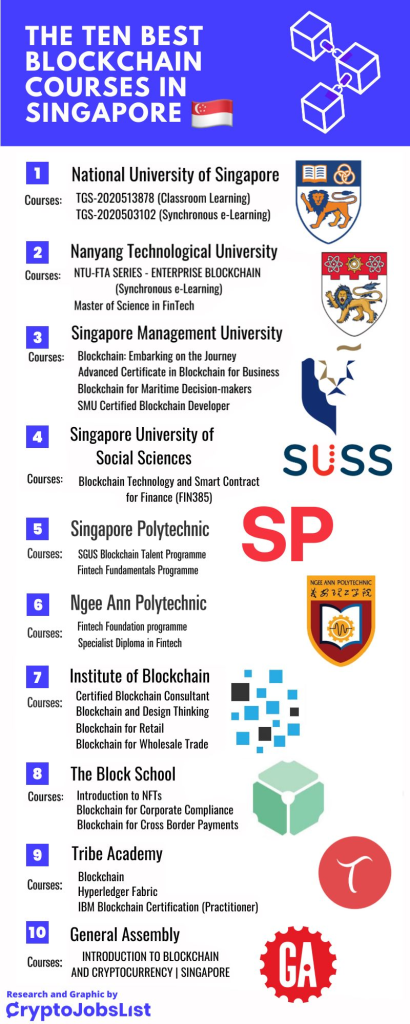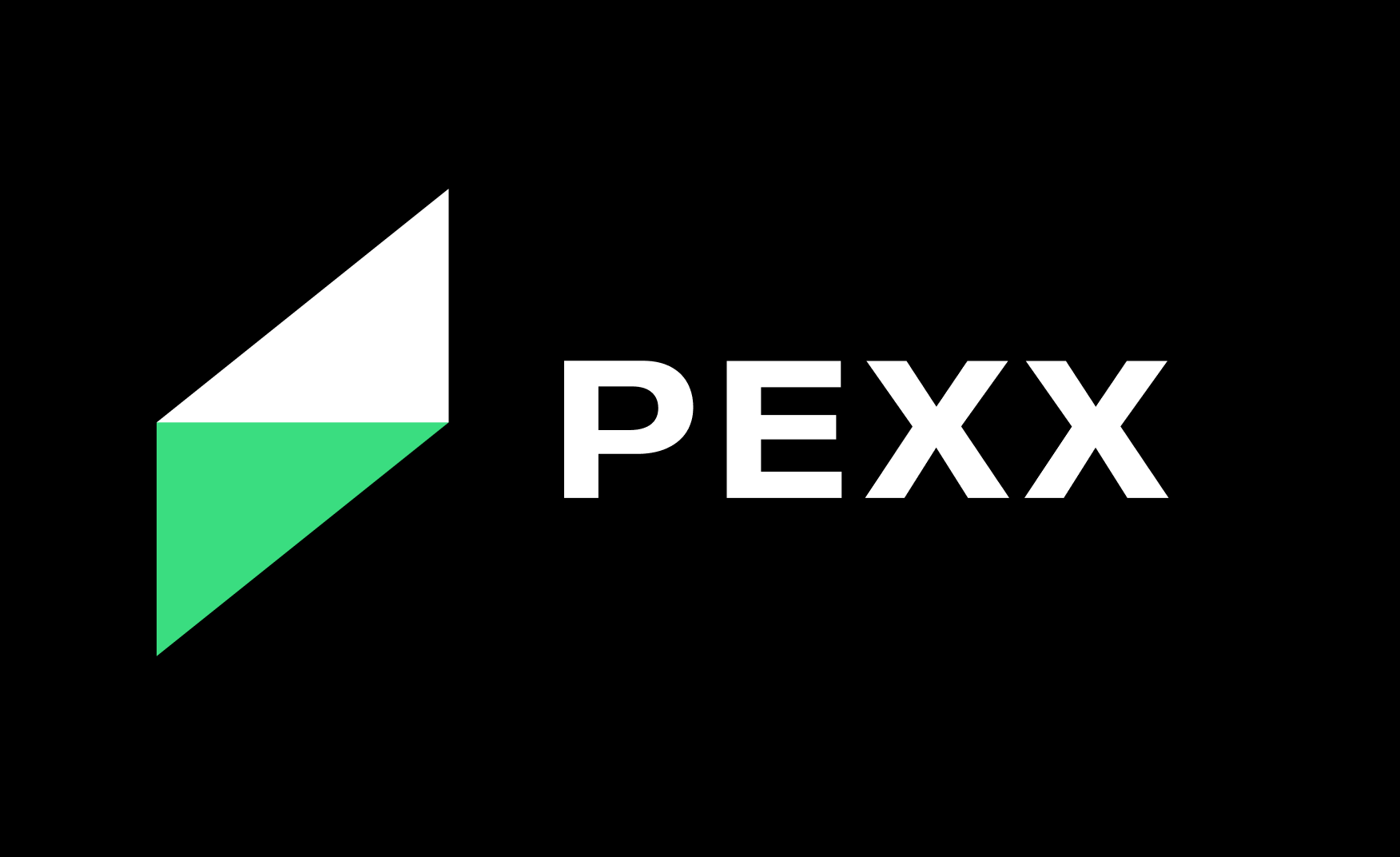Singapore is touted as one of the most open economies in the world with free approaches to international trade, and there is consistently adoption of blockchain technology across different industries in the country.
“Asia is the world’s largest market for crypto. And Singapore is the best-positioned country in Asia to be its leading crypto hub”. The country is reshaping its image as a crypto hub, however, the crypto-friendly atmosphere has been battered over additional rules in cryptocurrency trading “necessary to safeguard the general public”.
Recently, the chairman of the Monetary Authority of Singapore, Tharman Shanmugaratnam, wrote in a statement to parliament that Singapore’s central bank is “carefully considering” introducing rules to limit retail investing and the “use of leverage“ in crypto investing in the city-state.
World’s First Blockchain-Based Airline Loyalty
Did you know? Singapore Airlines Krisflyer has transformed its payment and loyalty programme using the blockchain for its digital wallet. This helps unlock the value of KrisFlyer miles to enable everyday spending at retail partners.

Singapore was one of the first to recognize the potential of blockchain and acted on implementing it on a large scale. Blockchain technology can allow every stakeholder involved in air travel like airline crew, staff, ground services crew and passengers to access up-to-date and verified details regarding departures, arrivals and delays.
The potential to become mainstream in the future is highly likely. According to the Deloitte analytics report, the use of blockchain in customer loyalty programs can vastly enhance customer experience. Implementation of blockchain can reduce system operating expenditures through the use of smart contracts that eliminate fraud and errors, ensuring secure and nearly instant transactions.
Blockchain within the education sector
The education sector in Singapore has also seen the adoption of blockchain technology. The use of blockchain applications can enable employers and universities to verify student grades and qualifications quickly, with the help of smart contract transparency.
Certifications and transcripts for Ngee Ann Polytechnic have all been migrated onto the blockchain, which means it is secure and tamper-proof and accessible at any time. It is the first educational institute in Singapore that uses the blockchain to check the authenticity of the NP’s diploma.

Now, employers will be able to ask for records easily, by retrieving immutable academic records and education history recorded on the blockchain.
Even the National University Singapore (NUS) provides classes on blockchain technologies to their students and has partnered with IBM to get a curriculum around distributed ledger technologies.

SingPass & HealthCerts
The Singapore government has also introduced the ability for residents to electronically sign contracts, agreements and other legal documentation using the SingPass government digital identity system.
Based on blockchain technology, enables users to digitally sign an electronic document linked to the signer cryptographically and automatically validated at the point of signing. This allows businesses to lower costs and manpower by removing the manual processes of verifying physical paperwork.
GovTech (Government Technology Agency of Singapore) also used blockchain technology to develop a global standard for verifying COVID-19 test results to speed up clearing local and foreign immigration checkpoints when travelling.
HealthCerts uses blockchain technology to issue trustworthy documents that can be verified independently in an open-source framework, news network CNA reports. These results are also readily available on the government’s digital identity mobile app SingPass.
Is Singapore a crypto hub?
There is no doubt that blockchain technology is becoming more prevalent in various aspects of Singapore, with government adoption, it is always a positive sign for developing the country to become one with foresight and continuously innovation.
Singapore also attracts some of the biggest crypto firms you know about and they probably operate within our borders. The lights of QCP Capital, DeFiance Capital, Nansen and Coinhako are a few I can name at the top of my head.

The CEO of DBS (one of the biggest banks in Singapore) talked about the reality of a blockchain future in Singapore and why he bought Bitcoin, which could provide a store of value like gold.
Singapore indicated a welcoming approach encouraging crypto-related services, a hub for venture firms to operate in as there is no tax on capital gains. However, only a handful of approvals have been granted so far among well over 100 applicants for new crypto payments licences.
Notable crypto exchanges that exited the space include Binance and Huobi, after their licensing came to an end. MAS still holds a strict stance on money laundering, consumer protection and other risks that may be associated with the digital asset.
January this year, MAS went further than most regulators to restrict the marketing and advertising of cryptocurrency services in public areas. Their aim is to discourage trading from being portrayed in a manner which trivializes risks.
Closing thoughts
Perhaps there are many other verticles blockchain technology can be used within Singapore. As we celebrate our 57th year of the Nation’s progress, the next 5 years within the little red dot are one to watch, especially in the crypto space.
Imagine, Soulbound tokens to replace our NRIC (national identity card) or NFTs representing COE certifications for car ownerships. Ideas in integrating blockchain capabilities are limitless but it will end fast if there isn’t anyone building and seeing this vision.
[Editor’s Note: This article does not represent the views of Chaindebrief or any affiliated entities. Please do your own research before investing.]
Featured Image Credit: ChainDebrief



































